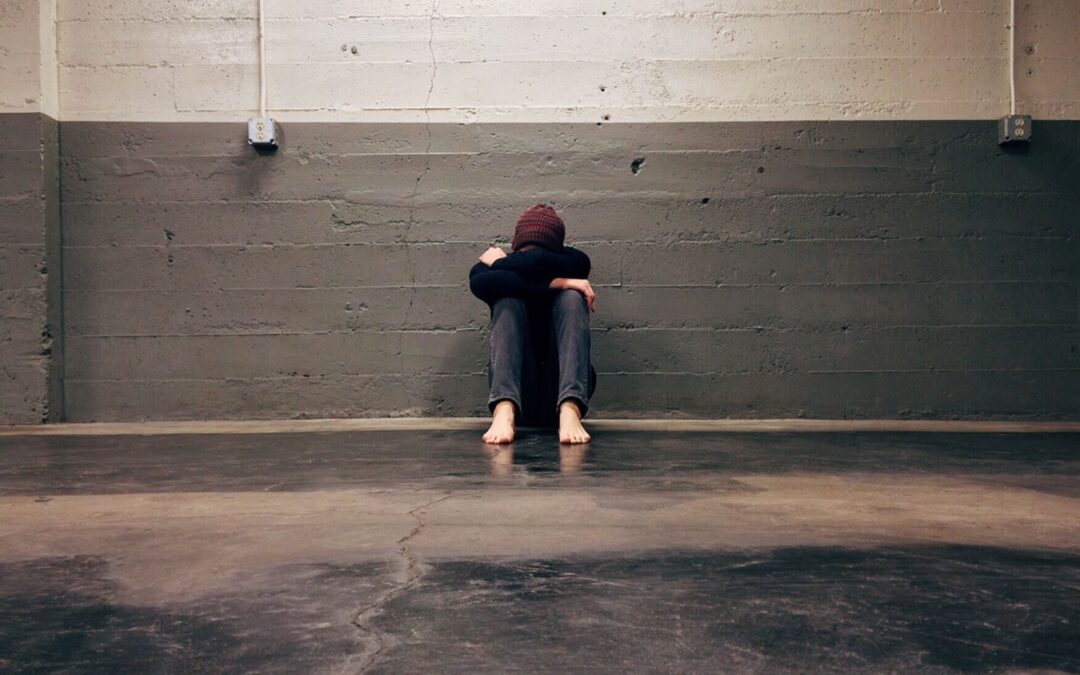May 1-7 is National Mental Health week. There have been numerous headlines lately on the topic of posture and depression, as a recent study demonstrated the correlation between our posture and our mood.
Does someone have poor posture because they are dealing with depression, or can the poor posture actually affect an individual’s mood? In a New Zealand study led by Dr. Elizabeth Broadbent, 61 adults diagnosed with mild to moderate depression were divided into 2 groups. One group had specific work done to improve their posture while the other group had “sham” work done, to test for a placebo response. The researchers found that the group which worked to improve their posture felt “more alert and enthusiastic, less fearful and had a higher self esteem after a stressful streak.” Studies suggest that, compared to sitting in a slumped position, sitting upright can make you feel more proud after a success, increase your persistence at an unsolvable task, and make you feel more confident in your thoughts. The group in the study with improved posture also felt lower fatigue than the “usual” posture group.
“Changing posture is a simple, highly acceptable and low risk intervention that could be applied either by itself or alongside other treatments,” the researchers wrote in their paper, published in the Journal of Behavior Therapy & Experimental Psychiatry in March 2017.
Our posture impacts our Nervous System in many ways, as we have discussed in previous articles. It is important that we learn ways to improve our posture, as everyday life leads us to postural decline. Gravity, the physical stress of sitting at computers, looking at cell phones, carrying bags on one shoulder, etc. all take a toll on our ideal posture. Learn about how to improve your posture and your mental health with Network Spinal Analysis. Join us for our workshops during National Mental Health week. Tuesday, May 2 – Stress Management. Wednesday, May 3 – Depression & Anxiety.

